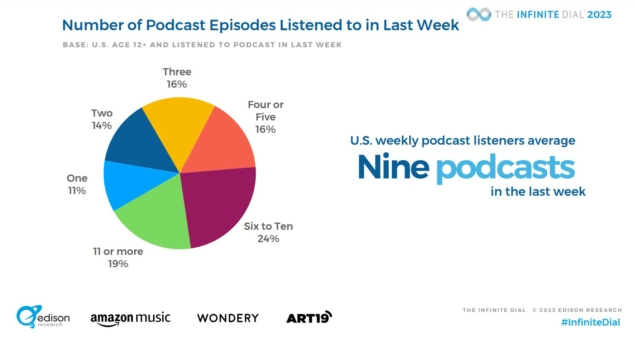One of the questions we hear repeatedly is “How often should a podcast publish new episodes?”
We have two answers—which may seem at odds with one another:
1. Publish regularly (at least monthly) to develop and maintain your audience, and
2. Only publish when your episode is completely ready!
Publish on a regular cadence
Two main reasons:
1. Discoverability. Search engines prioritize fresh content and are less likely to display podcasts without new episodes. To stay on top, you need to ensure your podcast doesn’t become “inactive” or “dead.” A podcast is classified as "inactive" due to a lack of episode releases. (We’ve heard the limit is 90 days.) This is a common problem—especially for new podcasts.
2. Consistency. You may lose your audience if you can’t commit to delivering your podcast on a dependable schedule. Similar to other routines, your listeners begin to expect your episodes. Without a reliable release schedule, your audience may lose interest and you risk being replaced by other podcasts that fill their time. According to The Infinite Dial 2023 report, the average podcast listener in the US listens to 9 podcast episodes each week. That means your listeners have a lot of other podcasts they can replace you with very quickly.

Publish only when episodes are ready
No one’s going to stick around for bad audio. Your podcast has to welcome listeners—and not annoy them with poor audio quality or lousy editing. If you’re fortunate enough to be growing your audience, every podcast will be someone’s first. Prioritizing quantity over quality raises the risk that someone’s first podcast will offer a mediocre experience. If you disappoint them, chances they’ll give you another try are slim.
So….plan and produce in advance!
The best way to ensure a consistent release schedule AND to release episodes only you’re proud of is to plan—and record—ahead. One of the biggest mistakes leading to a podcast’s failure is launching without a library of pre-recorded episodes. Having two or three in the bank lets you maintain a release schedule in the event that a subsequent show doesn't go as planned. It also gets you past the biggest problem in podcasting: the one and done barrier.